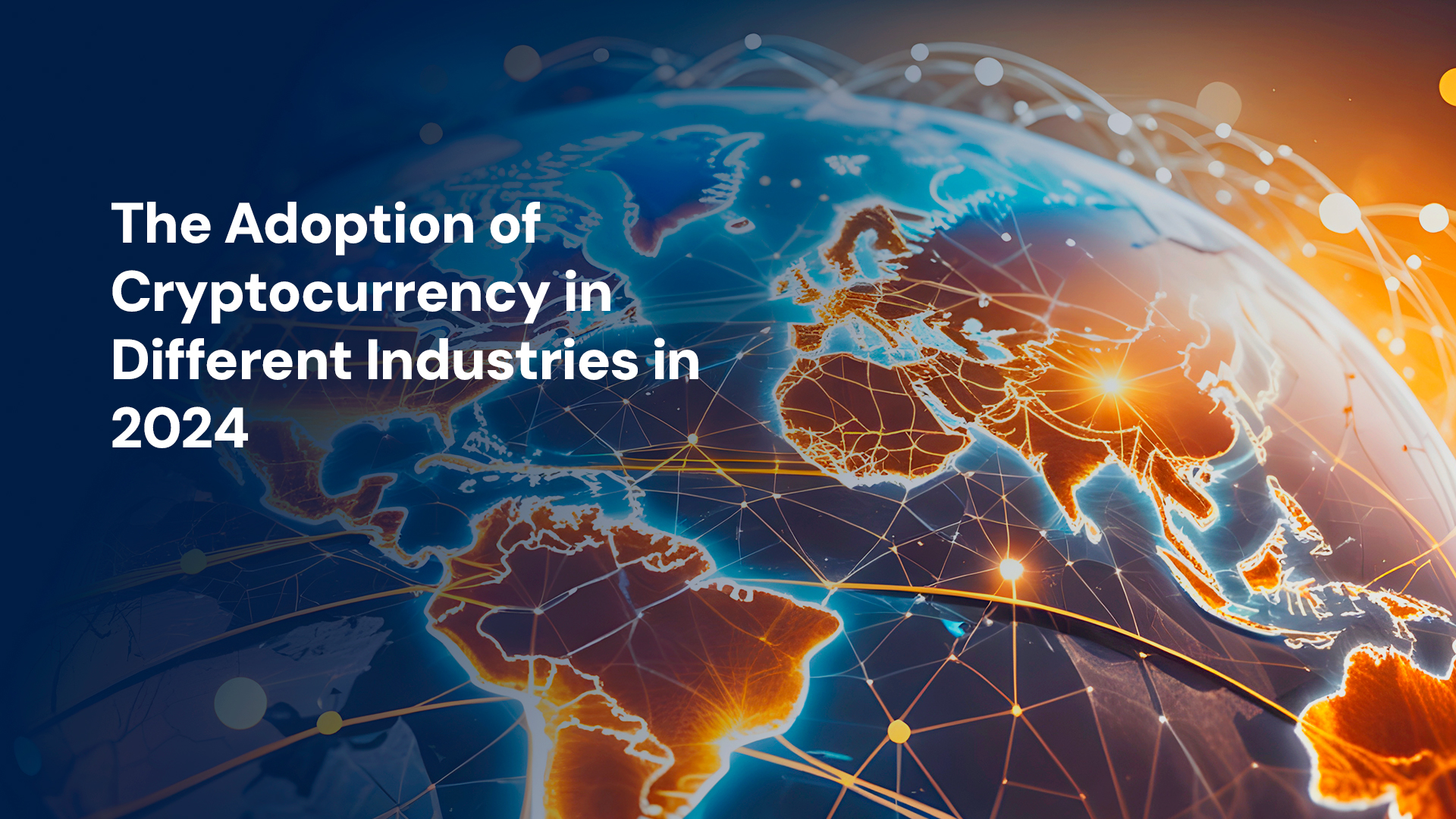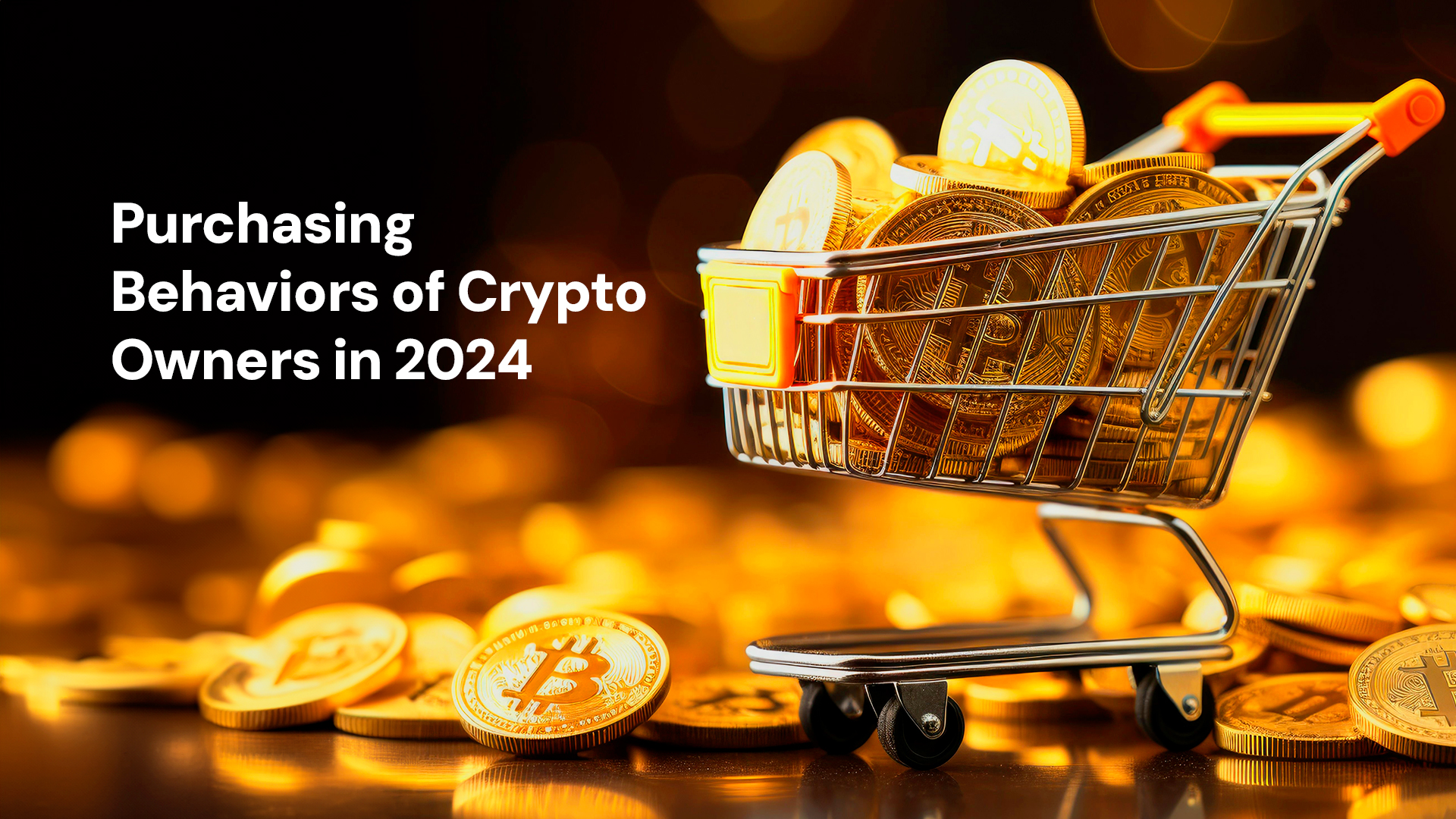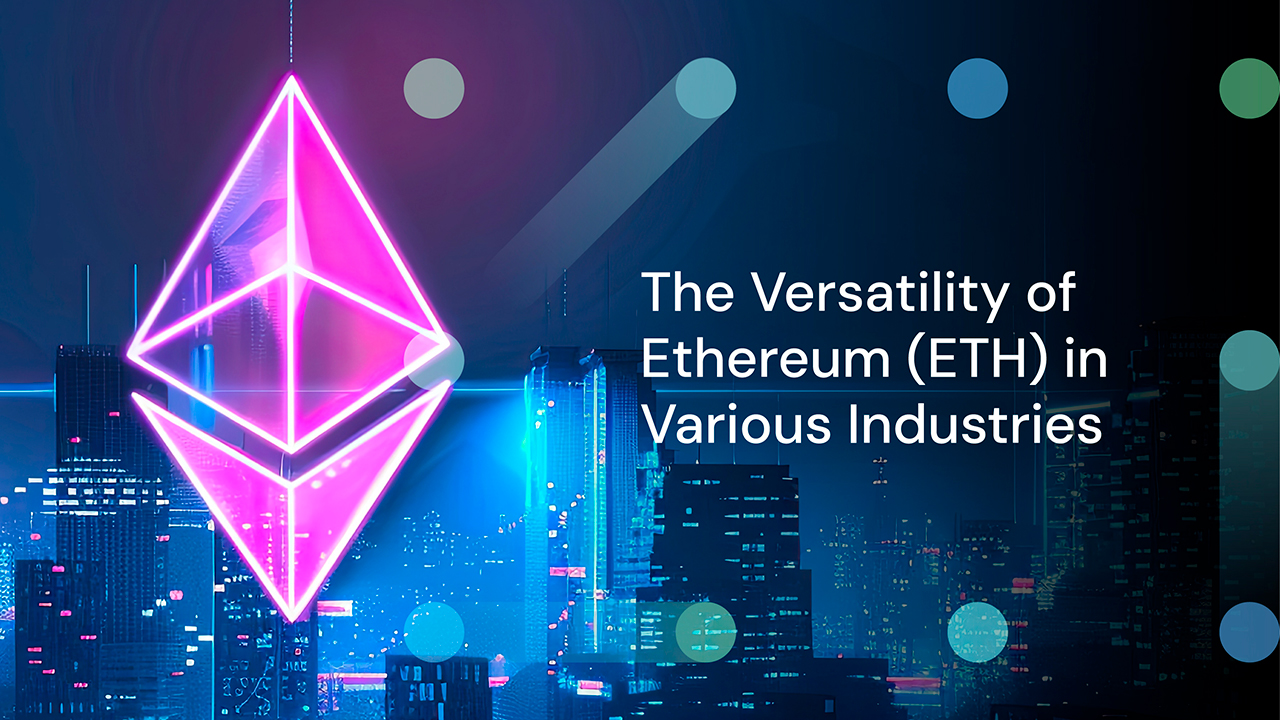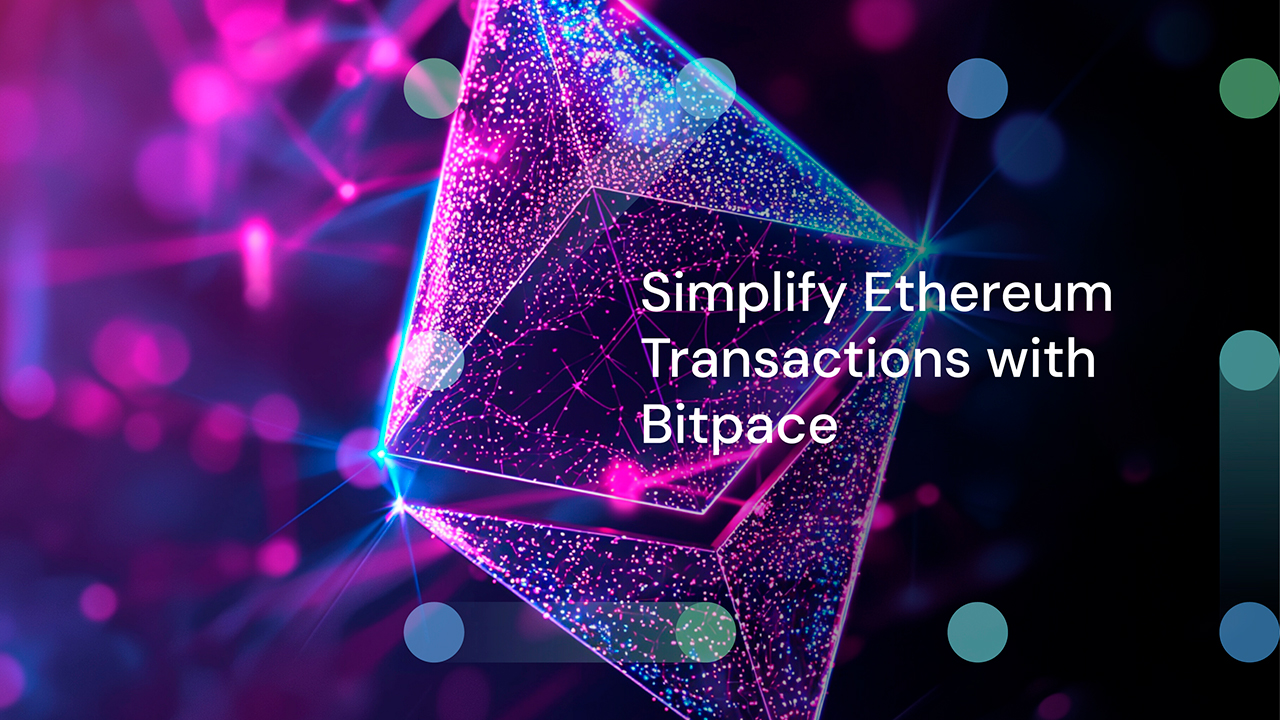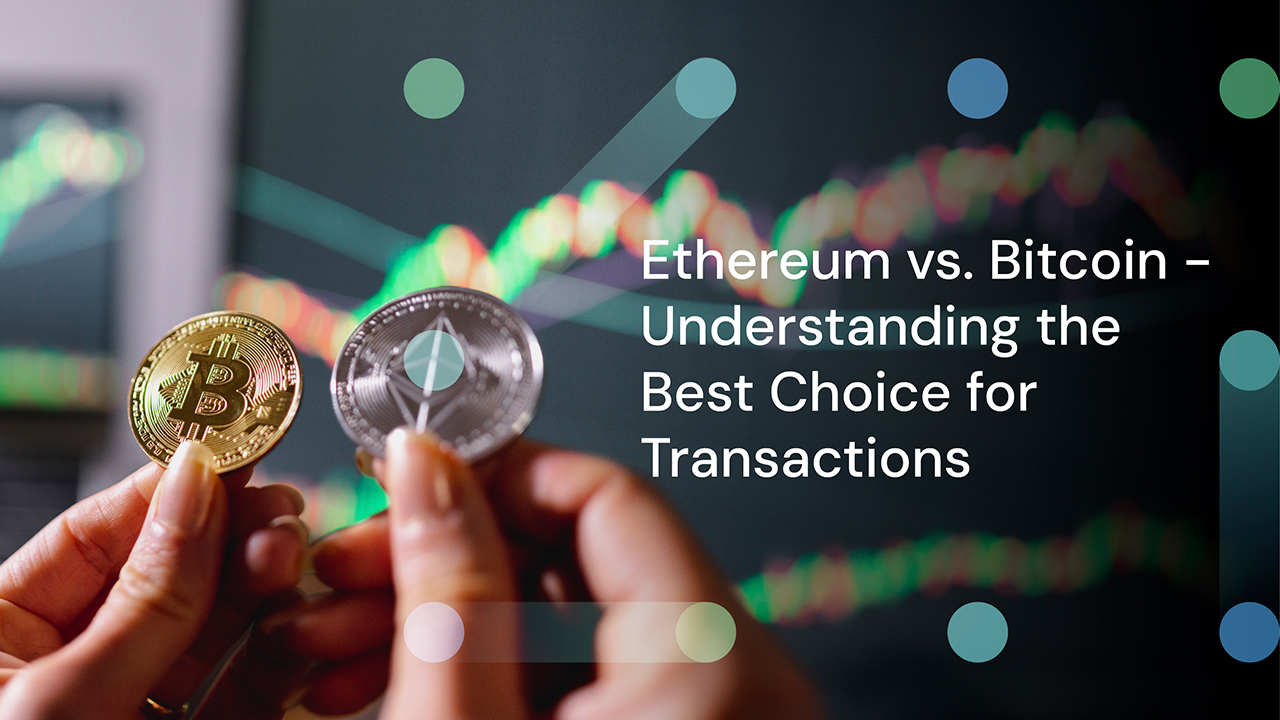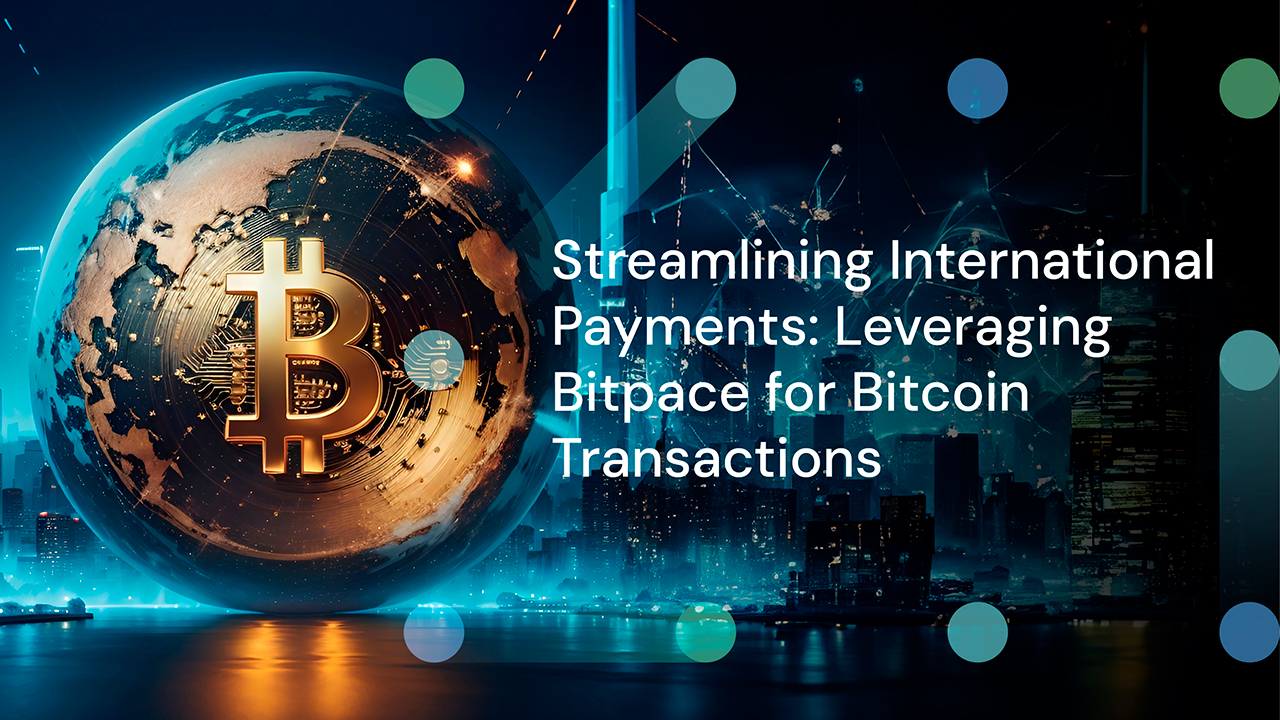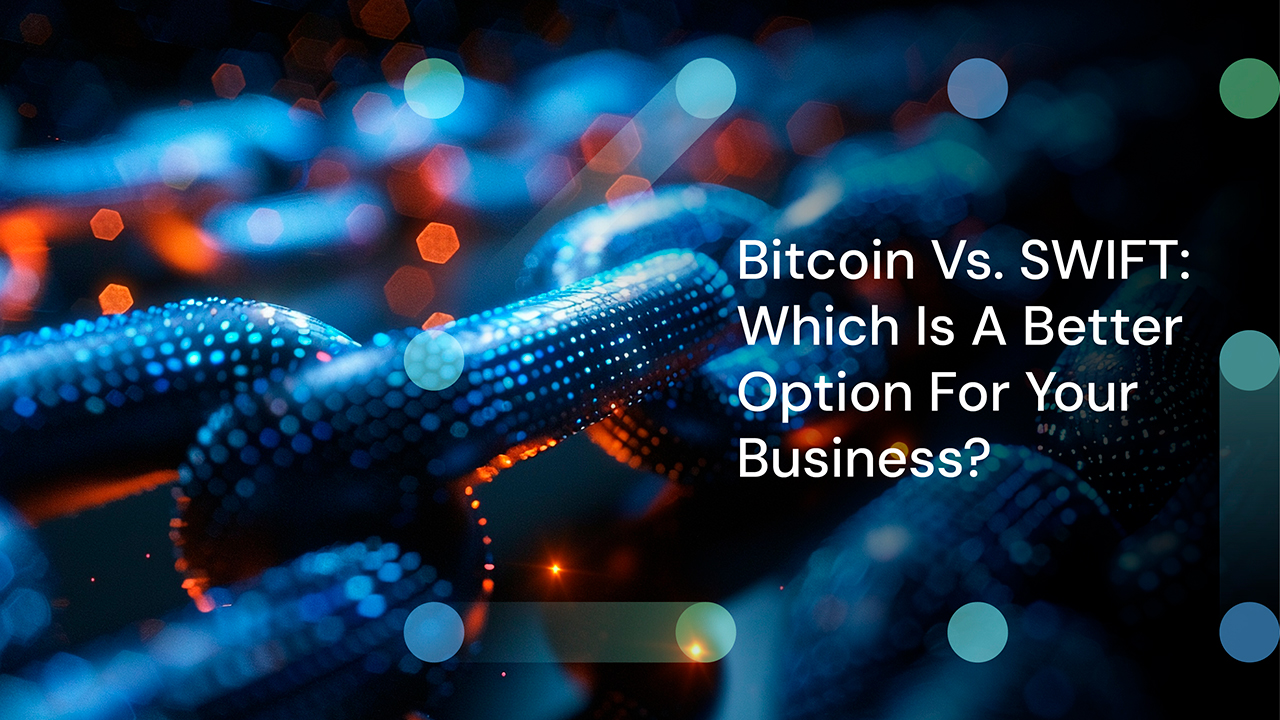The year 2024 has witnessed a significant surge in cryptocurrency adoption across various industries, revolutionising traditional business models and financial systems. This digital transformation has permeated sectors ranging from finance and banking to retail and supply chain management, reshaping how transactions are conducted and value is exchanged.
COMPANY
Blog
Discover the future of payments on the Bitpace Blog – your destination for innovative payment gateway insights and the evolving landscape of digital finance. Our posts are crafted to explain digital transactions, offering businesses and tech enthusiasts a clear path through the complexities of blockchain and traditional finance integration.
Purchasing Behaviors of Crypto Owners in 2024
Recently, we came across a noteworthy survey conducted by Paxos, which sheds light on the evolving landscape of cryptocurrency ownership and purchasing behaviours. As Bitpace, we aim to keep our users informed about the latest trends shaping the crypto payment ecosystem. This survey provides critical insights into how crypto owners are engaging with digital assets in 2024. In this article, we’ve highlighted the most important points from the report to offer you a deeper understanding of the shifting dynamics in the crypto market and what it means for businesses, investors, and institutions alike.
Meet Bitpace at SBC Summit 2024
Meet Bitpace at SBC Summit 2024
September 24-26
…
Harnessing Ethereum for Seamless Payment Integration in Businesses
Although the desire of businesses to globalize is increasing day by day, more global businesses inevitably need innovative approaches, especially for payment solutions. Functioning globally without the intervention of third parties such as banks and other financial institutions, Ethereum can be integrated into businesses through a cryptocurrency payment gateway such as Bitpace, which eliminates the problems that businesses may be facing on the path to globalization and growth thanks to the sector-based payment solutions offered to businesses with Ethereum integration.
The Versatility of Ethereum (ETH) in Various Industries
Given the increasing popularity of cryptocurrencies, it is not surprising that Ethereum is being used in different sectors. Whether buying and selling goods or services, Ethereum is one of the leading choices for businesses due to its speed, low transaction fees of just a few dollars in the absence of any network congestion, transparent and traceable transactions on the blockchain, and more scalable than many cryptocurrencies.
Simplify Ethereum Transactions with Bitpace
Following Bitcoin in terms of market capitalization, Ethereum is a decentralized cryptocurrency used to run blockchain applications known as smart contracts. While the increasing importance of cryptocurrencies for businesses is undeniable, cryptocurrencies like Ethereum stand out due to their advantages. Businesses integrated with Bitpace, a cryptocurrency payment gateway, can easily receive and make payments and transfers with Ethereum, thereby gaining many benefits over their competitors.
Ethereum VS Bitcoin – Understanding the Best Choice for Transactions
While the growing popularity and use of cryptocurrencies for payment solutions and businesses is undeniable, with more than 10,000 cryptocurrencies available, the market can be confusing for businesses. Compared to the others, Bitcoin and Ethereum stand out and are more widely used, considering their market capitalization, and wide acceptance.
Streamlining International Payments: Leveraging Bitpace for Bitcoin Transactions
One of the easiest ways to use Bitcoin for international payments is through a cryptocurrency payment gateway like Bitpace. By combining Bitpace’s user-friendly interface and unique capabilities with Bitcoin’s advantages such as speed, accessibility, security, and transparency, both businesses and individuals can easily make international payments.
Bitcoin VS SWIFT: Which Is A Better Option For Your Business?
Multiple methods are available for businesses to carry out their activities, such as making payments, receiving payments, or simply making transfers. In the past, businesses preferred the methods mediated by various third-party organizations such as banks and other financial institutions.

